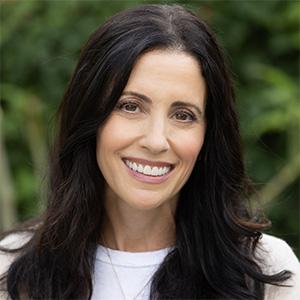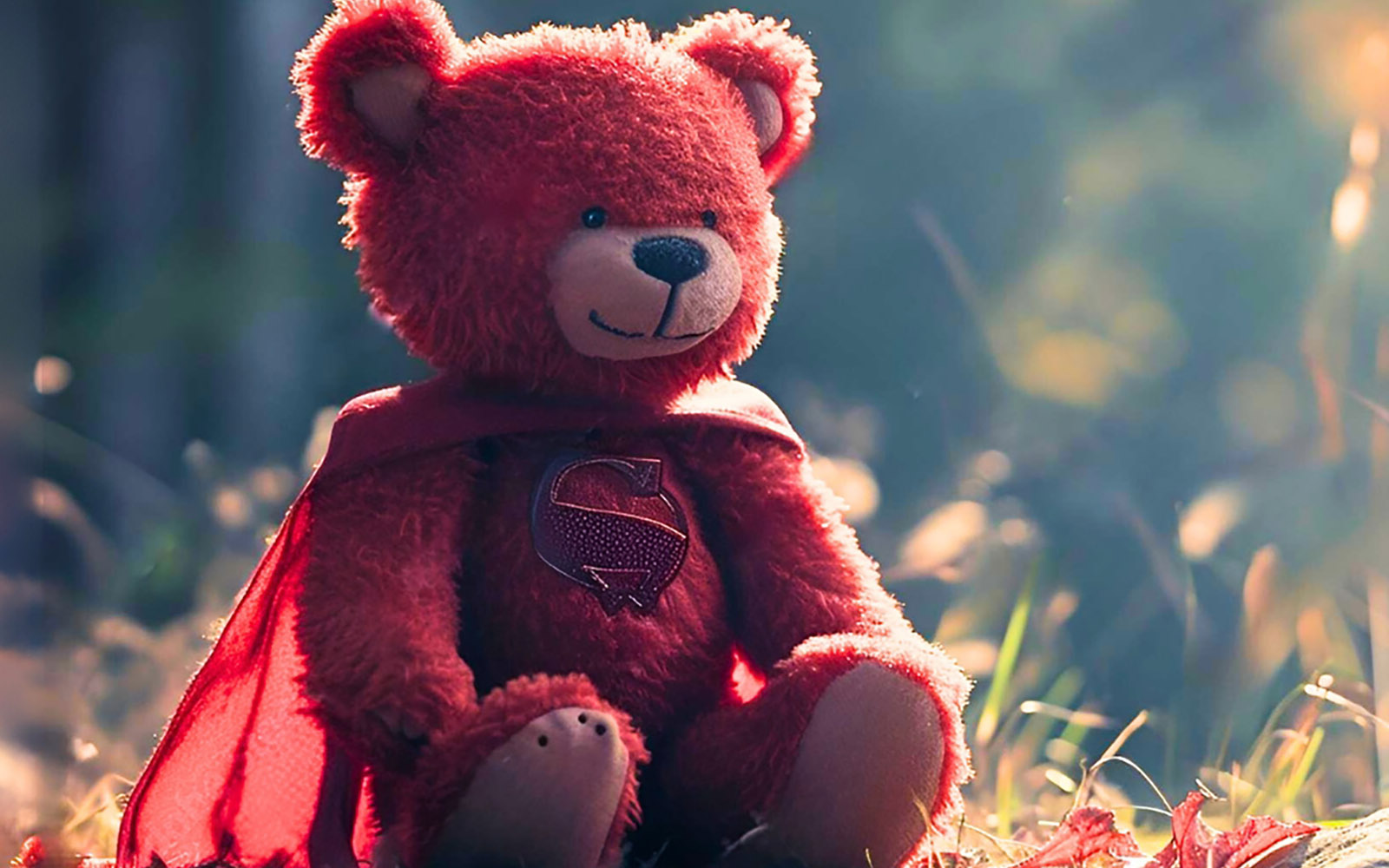(We all know one… if we aren’t one ourselves)
Like many toddlers, my younger son Donovan spent most of his waking hours in a superhero costume. It did not matter where we went, how warm the weather was, or what the rest of the world was wearing—this kid had a mask on and a world to save.
“What’s your name?” his music instructor asked him during class when he was four years old.
“Spider-Man,” he proudly responded, surrounded by a dozen other toddlers and their parents.
“No, what’s your real name?” the music teacher challenged with a smile on his face and plastic instruments scattered all around him.
“Peter Parker,” my son responded, sparking laughter around the room.
His superhero phase lasted a couple more years until he had outgrown multiple costumes, embraced his human limbs, and stopped trying to fly.
But shortly after he turned ten, his older brother unexpectedly passed away. Grief and trauma attacked his developing body and brain, and immediately activated superpowers beyond any child’s imagination. As he battled darkness in search of direction, a superhuman strength propelled him forward.
One minute, he wasn’t sure he could go on, and the next, he was elected student body president. One day, he wanted to quit playing the sport he loved most; the next, he was appointed team captain. Every time it looked like grief might win, the world called him into action and asked him to persevere.
What I didn’t know at the time, however (which honestly might have made me feel less alone on his behalf), is that 75% of us experience some sort of major adversity before we turn 20. For my son, it was the loss of his brother Tommy, his best friend and idol.
For 1 in 9 other children, it is the death of a parent. For a million or so children per year, it’s the divorce of their parents. The list of childhood adversities that cut fairytale childhoods short is long, and includes neglect, sexual trauma, and domestic violence.
Like many parents with children suffering from early trauma, I had no idea how to help my son when tragedy struck. And what was worse, neither did anyone else—or so it seemed.
Fortunately, I stumbled upon Meg Jay’s well-researched and highly informative book, Supernormal: The Untold Story of Adversity and Resilience. At the time, I was desperate to know why some children who endure early trauma grow up to lead not only unusually successful lives, but seemingly happy ones too.
After scouring the internet for answers and searching for anyone I could find who had lost a sibling around my son’s age, I learned from the likes of Stephen Colbert, Chelsea Handler, and retired professional soccer player Clint Dempsey that it was not only possible for my son to survive his circumstances, but that like them, there was also an opportunity for him to develop an extreme form of resilience that Jay says can foster an “almost unworldly ability to adapt and succeed.”
But none of these celebrities’ stories told me how.
Luckily, Jay’s book did, and put my child’s experience into language I could understand. It explained that children who find a way to “soar to unexpected heights after hardship and heartbreak in childhood” often look and feel like superheroes.
Take Spider-Man, for example—one of the many costumes my son had lived in as a toddler.
Spider-Man was a regular teenager who lived with his aunt and uncle until he got bitten by a radioactive spider and developed superpowers that enabled him to do “amazing things for others even though he didn’t feel amazing.” The loss of his Uncle Ben broke him on the inside while spinning him into action on the outside. Living a life dedicated to serving others turned out to be the best way his human counterpart, Peter Parker, could serve himself. While Spider-Man knew his superpowers made the world a better place, Peter Parker would have given them all up just to have his uncle back and feel like a normal person again.
Jay uses the term “supernormal” to describe children whose childhood struggles are beyond “average and expectable” and whose “subsequent successes exceed expectations too.”
Supernormals grow up to live “improbable lives” and are in our midst every day. We just don’t realize it because they often keep their histories to themselves. Disguised as doctors, lawyers, artists, teachers, and other such professionals, many do not have words for what they have seen or experienced, and don’t believe anyone would understand them even if they did.
Like Batman, they keep their true identities secret. Like Superman’s Clark Kent, they look human on the outside, but often feel part-alien on the inside. And like Wonder Woman’s Diana Prince, they have difficulties explaining their roots—so unless forced by a truth-telling golden lasso, they won’t even try.
But in real life, we all know that keeping secrets can make us sick and lead to depression, anxiety, addiction, and other chronic illnesses. So how do we help children who have experienced early trauma grow up to be supernormal?
We extend ourselves and provide them with a community of support.
No matter who you are, where you come from, or what your profession is, we ALL have the ability to serve as safe outlets where these children can dare to open themselves up and develop the bravery to share their stories.
“Community” is what neighbors down the street provided my son when they invited him over for dinner after school multiple times a week so that he would not feel so alone.
“Community” is what a couple of enlightened soccer coaches separately offered when they pulled my son aside after practices and before games to talk about his feelings and create secret hand signals to honor his older brother after every goal.
When we all make an effort to help these children in simple and thoughtful ways, we increase the likelihood that they will share their stories with someone they trust and experience tremendous healing and growth together.
At the end of the day, Jay’s research concludes with what I learned the day my son passed away: “Love is the strongest superpower of all.”
Love not only calms our brains, it literally changes them too. And Jay reminds us that it’s the love we have—not the love we don’t have—that matters most in the end.
I have learned on this healing journey of mine that we are all born with invisible capes, and do not need to wait for a tragedy to swoop in and share our most precious superpower with others. After all, Jay says, “Most people are trying to overcome something.”
But when tragedy does strike, we all have an inner superhero to channel and have the potential to help more children grow up to be supernormal. When we do, it’s an opportunity for us to find more meaning and purpose in our own lives—and like Peter Parker, help make our world a better place. 🙏
I’ve written a new resource for parents of children who have lost siblings or friends. Please pass this along to anyone you think may benefit from it.
From my heart to yours,


P.S. My memoir, Tommy’s Field, has been out for about a month now, and while people of all ages and circumstances have written to tell me how impactful it’s been for them (even an 11 year old!), it seems that this book is especially helpful for parents who have lost.






